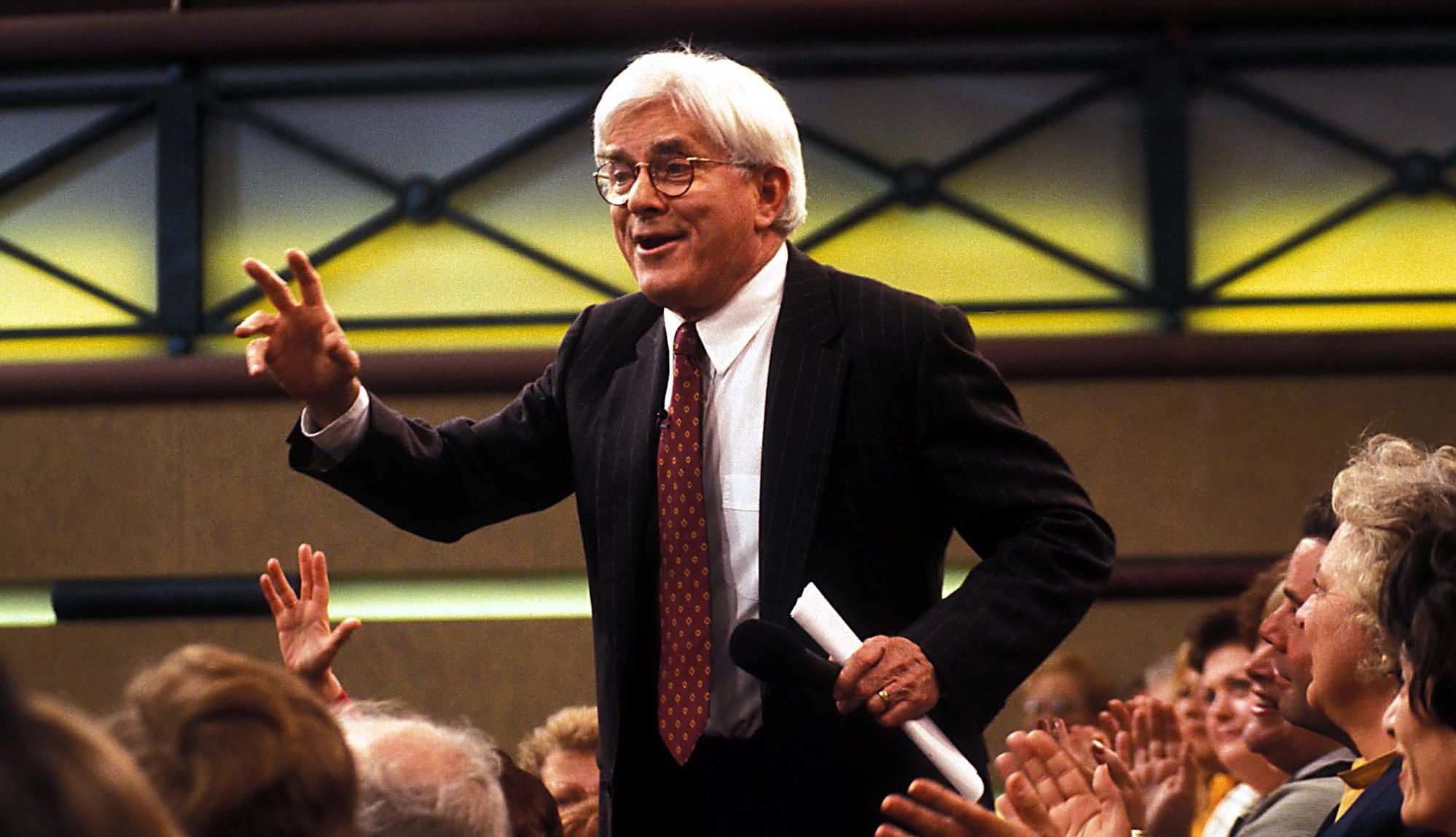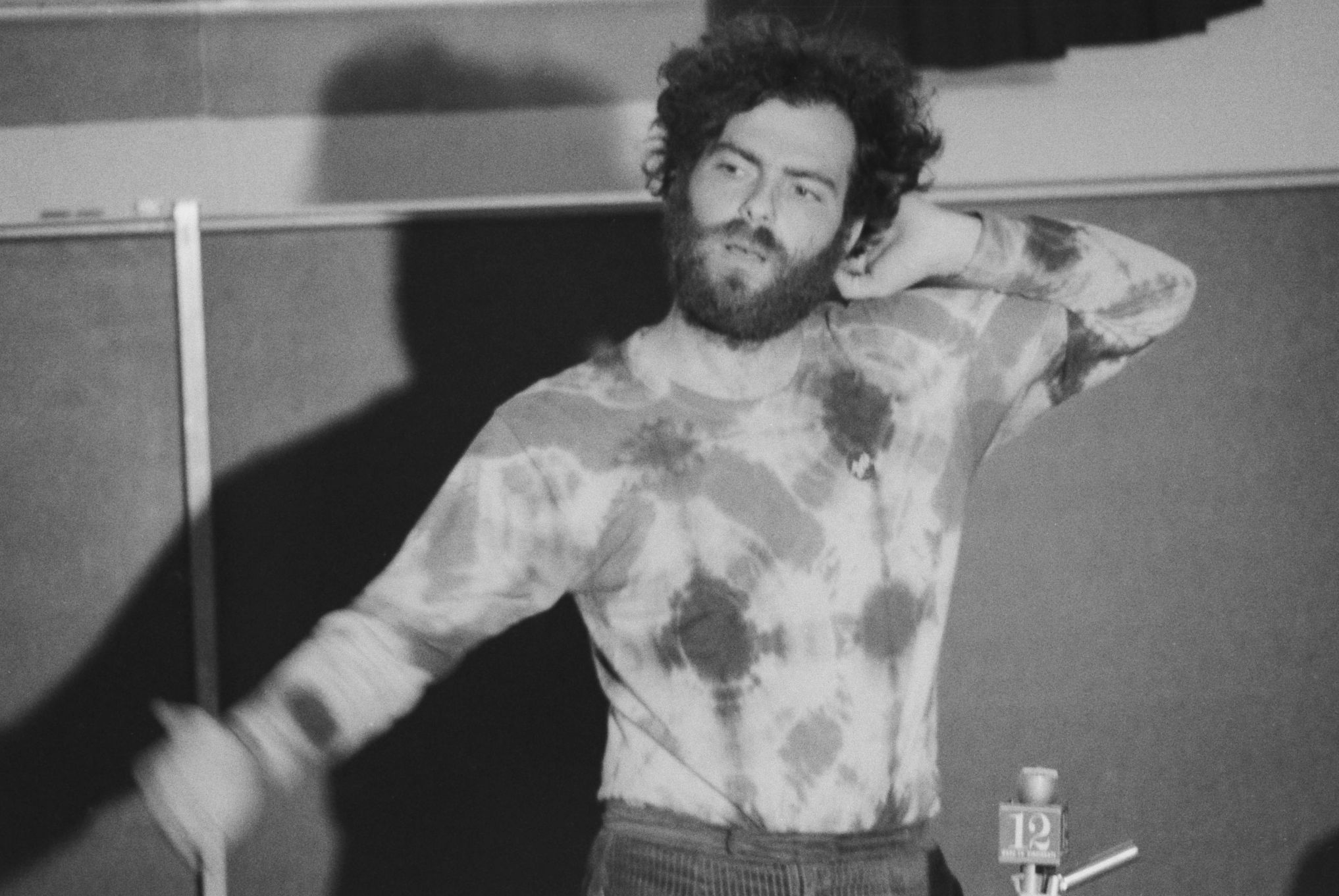AARP Hearing Center


Legendary talk-show host Phil Donahue, who died Aug. 18 at 88, gave his career capstone interview in 2001 to the Television Academy Foundation, whose immense and ongoing oral history project documenting TV history was inspired by the USC Shoah Foundation’s Visual History Archive. Oscar-winning documentarian James Moll, 61, who launched the Shoah project with Steven Spielberg, chose Donahue as his first interview for the Academy. “I remember it like it was yesterday,” Moll tells AARP. “I was nervous to sit down with one of the most brilliant interviewers of all time, but Phil instinctively knew how to calm my nerves. He was brilliant, insightful and humble, as warm and personable off camera as he was on, and his generosity — with his time and his thoughtful answers — was remarkable. What was supposed to be a two-hour interview turned into four and a half. Phil Donahue was a special human being. The world has lost a true pioneer, and he will be missed.”
There have been countless tributes lately to his legacy. You can watch the interview yourself. Here are a few of the memories Donahue wanted to share with posterity, in his own words (trimmed slightly for length).
He had a tough time finding his identity
For a long time I didn’t know what I did. I didn’t sing, I wasn’t a ventriloquist. What do I do? Interview people. There’s no Emmy for interviewing people. [His shows did win 20 Emmys, and he was inducted into the Television Academy’s Hall of Fame in 1993.]
When he started out, nobody else was taking audiences seriously the way he did
Daytime television was game shows — “Come on down!” Monty Hall would give away $5,000 to a woman dressed like a chicken salad sandwich on Let’s Make a Deal. We were talking about things that had never been discussed on the air, the things women were talking about among themselves. And what they were talking about are issues that the Donahue people brought to television. I’m very proud of that.


Not every guest was as polite as Phil Donahue
I have been booed by my own audience. I have been scolded and lashed at by guests. Jerry Rubin [the Chicago Seven antiwar radical] says, “You say ‘ah’ a lot — do you have an anal problem? You’re a plastic man in a plastic suit. You’re phony. That’s the uniform of what’s wrong with America.” And it just — whoa! — just blew me away. But, oh, you couldn’t not watch it. It was riveting. I had to beg [the general manager] to air the program.







































































More From AARP
From the Archive: Celebrity Secrets to a Long, Happy Marriage
Marlo Thomas and Phil Donahue take an intimate and surprising look at what keeps couples together
9 Quick Questions for Dr. Phil
TV host talks new cable venture, his latest book and staying young
Whither the TV News Anchor?
CBS News’ Norah O’Donnell quits, signifying a shift from traditional anchors to star interviewersRecommended for You